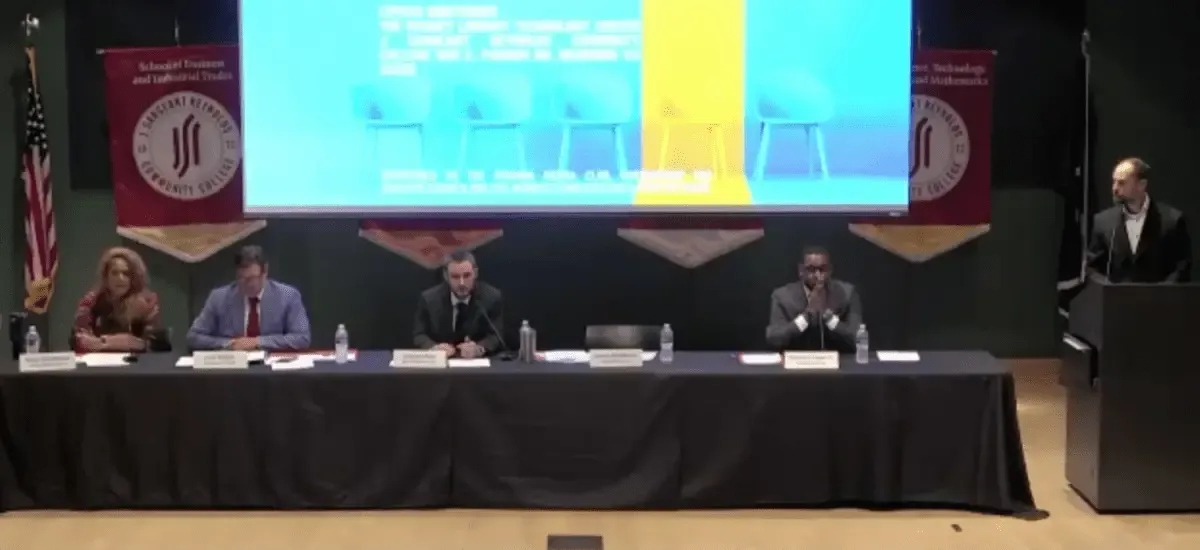Henrico Board of Supervisors — Election 2023 — Top News — Government — Tyrone Nelson — Tommy Branin — Roscoe Cooper — III — Greg Baka — Jody Rogish — Stephen Rast — Misty Whitehead — Delta Bowers — James Middleton
ELECTION 2023: Environmental issues take center stage at Henrico Board of Supervisors candidate forum





